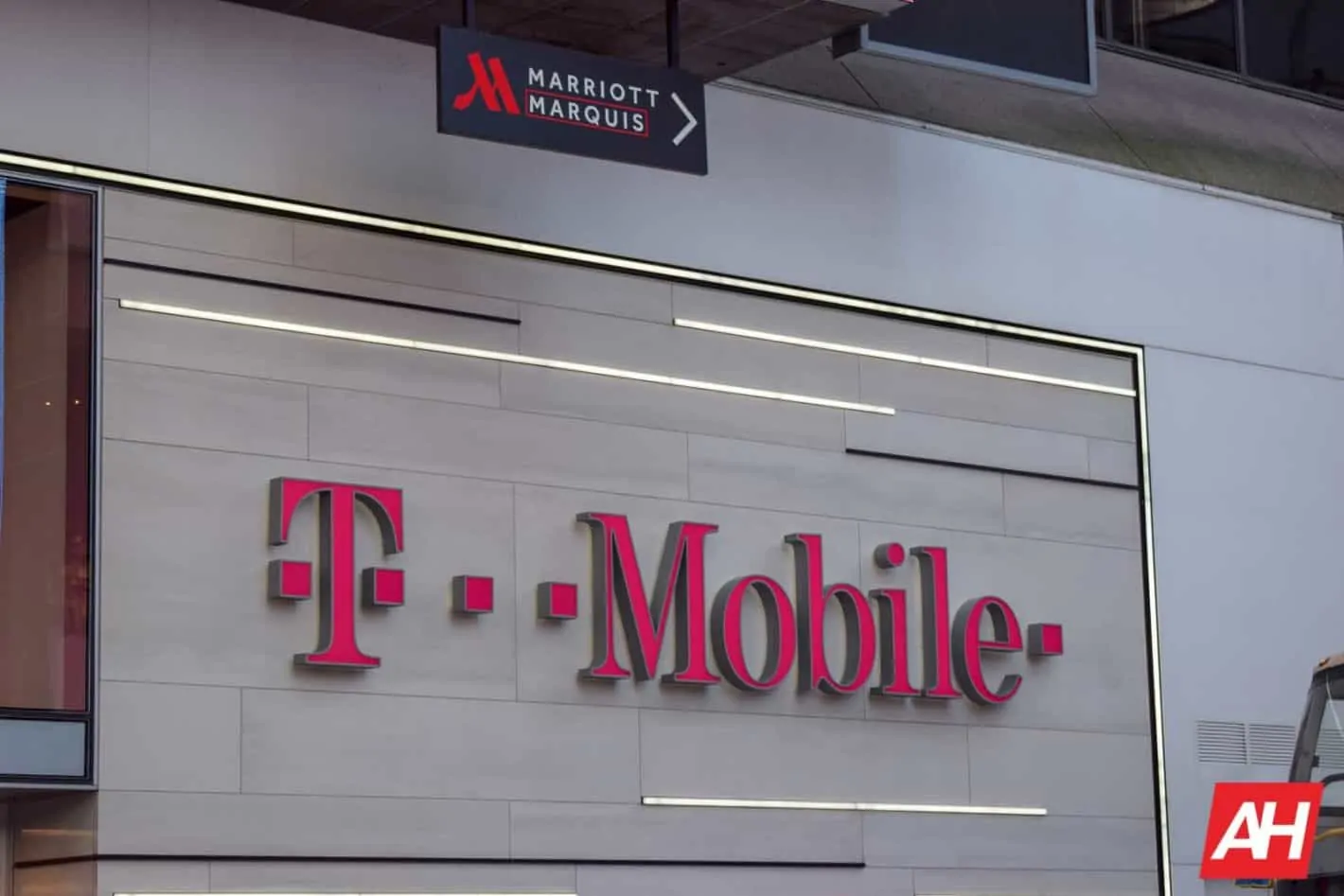T-Mobile is now railing against Sprint merger conditions set by the California Public Utilities Commission (CPUC) on jobs and 5G, reports indicate. The company filed a petition with the organization, claiming not only that the requirements are invalid. But that CPUC doesn’t have the authority to carry them forward and hasn’t asked similar concessions from other carriers.
The company’s petition with CPUC specifically addresses a requirement that it add 1,000 new employees in California. But it also claims that it can’t meet the target date of 2024 with regard to ensuring 93-percent of the state has access to 300Mbps connections. And it goes further to claim that it should not be required to test its 5G network buildout through CalSPEED. T-Mobile is already subject to independent testing programs from the FCC and California Emerging Technology Fund.
Among T-Mobile’s leading arguments against the provisions is the ongoing Covid-19 pandemic. The company indicates, for instance, that it could reach its targeted data speeds by 2026. That’s two years after the 2024 date it says was “mistakenly” set in the decision to allow its merger with Sprint. Ongoing global health concerns, the company notes, are causing significant economic disruption.
The long term impacts of the disruption, it contends, will likely extend for several years. That makes the mandates, T-Mobile argues, “infeasible and unwarranted.”
T-Mobile’s rally against CPUC follows reported jobs already lost
Now, T-Mobile already appears to be dramatically cutting jobs even before its filing with CPUC. According to recent reports stemming from a conference call made by T-Mobile vice president James Kirby, the company is already dismissing ‘thousands’ of workers.
That’s all despite then chief executive John Legere claiming that the merger would create 11,000 new jobs by 2024 during proceedings. The $26-billion merger was approved back in February. And CPUC was effectively one of the last hold-outs stopping the merger from happening.
Several concessions were ultimately made in the agreement reached by CPUC and T-Mobile, quite separately from the concessions made elsewhere. Among those other concessions, it promised to create thousands of jobs, open new localized service centers, and implement a 3-year freeze on service plan rates.
In Colorado, an additional set of promises was made too. Made as part of the deal to allow Dish Network to take over Sprint’s Boost Mobile, the company agreed to create 2,000 full-time positions in the state. And that’s atop a promise that Dish would launch 5G service in Colorado before other states. That would have to run at least 100Mbps for at least 68 percent of the population.
In C0lorado, Dish was given three years. But T-Mobile expressly promised California that it would carry through on the terms it is now contesting.
So what does T-Mobile want instead?
T-Mobile is expressly looking for relief from the jobs and 5G conditions set by CPUC when it agreed to allow the merger. That could ultimately help it cope with the ongoing pandemic but summarily land it in hot water elsewhere. If the CPUC agrees to new terms. But it is simultaneously arguing that CPUC doesn’t have the authority to enforce its merger either.
The largest communications and media labor union in the United States has, in the interim, also begun to take notice. Communication Worker of America, the CWA, has been speaking out against the merger since the very beginning, in fact.
In a 2018 filing with the FCC, the CWA estimated that the merger would cost as many as 30,000 jobs. And it noted back in April that T-Mobile reportedly planned to close as many as 2,000 Metro by T-Mobile stores. Moreover, it’s been keeping tabs on jobs at Sprint headquarters in Kansas. The union says as many as 241 positions have already been cut.
Conversely, T-Mobile says that its commitment to CPUC on jobs has not changed. It says that in three years the total number of T-Mobile employees in California will grow. And, specifically, that it will grow to at least as many as the combined total of Sprint and T-Mobile employees in the state as of the merger’s closing. But the carrier will need to tread carefully here or it could easily become embroiled in a legal contest with both the union and CPUC.

